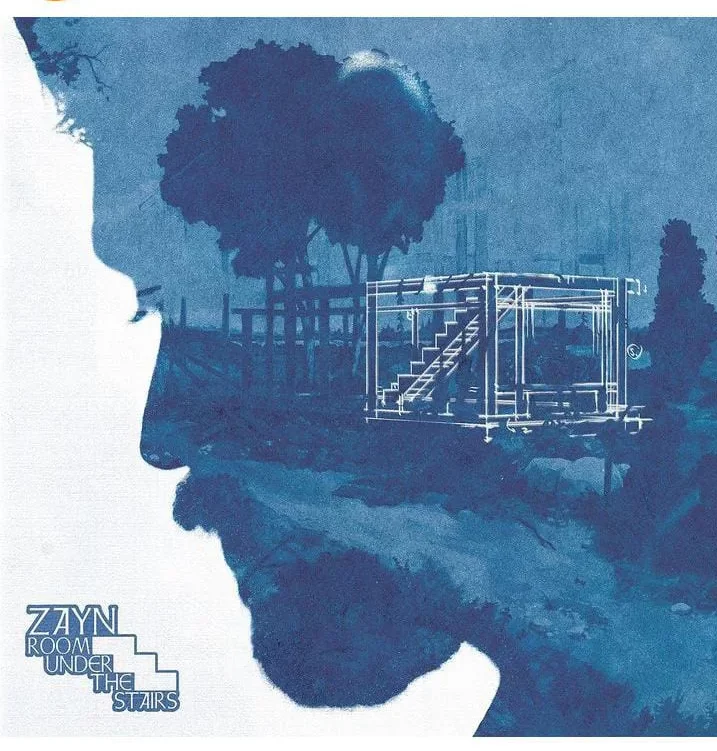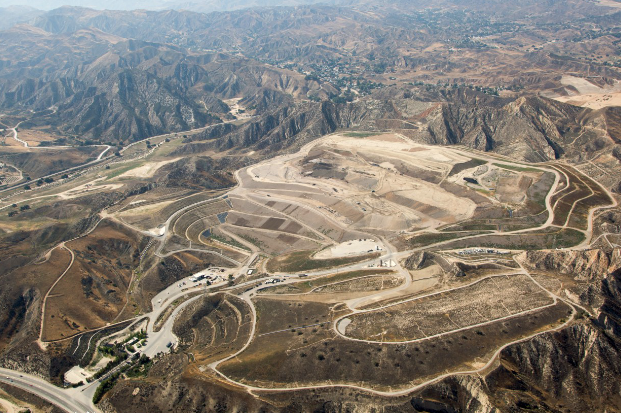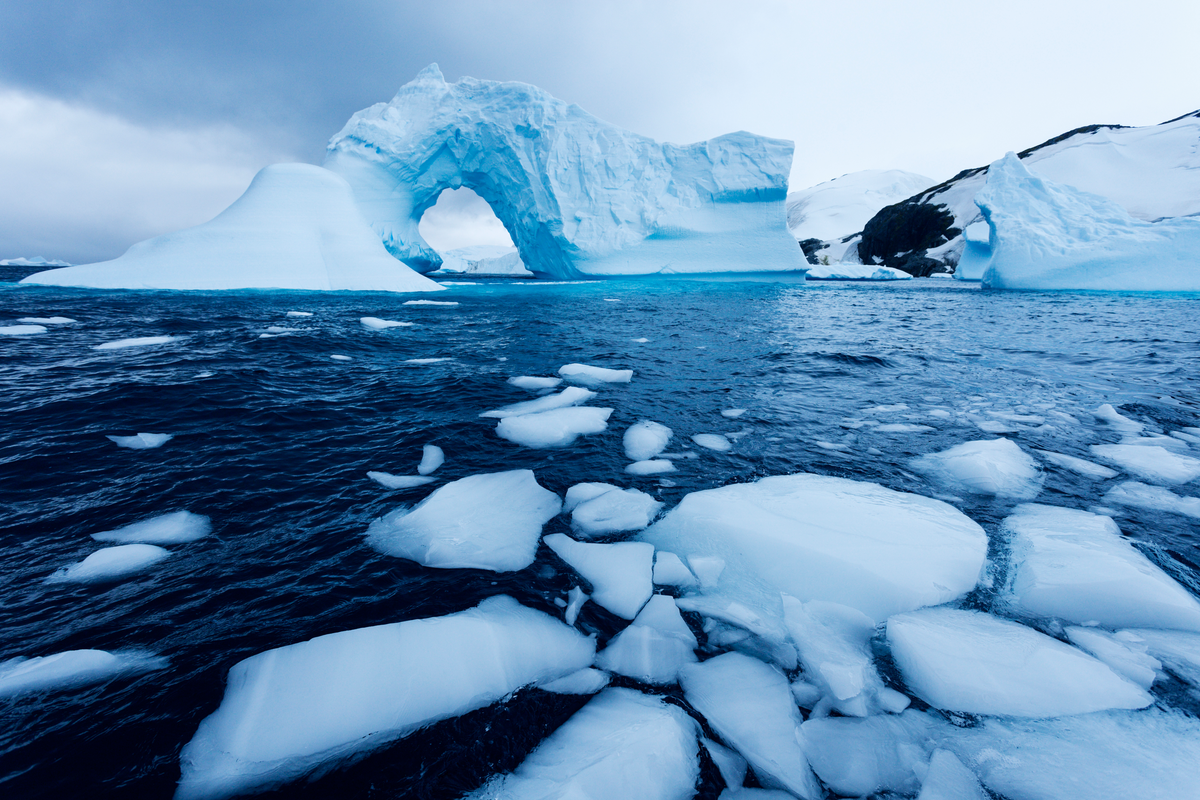Due to global warming, polar ice sheets are melting, potentially altering how we perceive time. Recent research suggests that the melting ice in Greenland and Antarctica may eventually lead to permanent changes in our clocks.
When ice melts and flows toward the equator, it redistributes the Earth’s mass, which can gradually slow down its rotation. This phenomenon, highlighted in a study published in Nature, has significant implications. Throughout history, humans have measured time based on the Earth’s rotation. However, the Earth’s spin rate is not constant; it changes slightly over time. To ensure accurate timekeeping, scientists began using atomic clocks in 1955, these clocks measure time based on the resonance of cesium atoms, with each atom vibrating at almost 9.2 million cycles per second.
Despite the precision of atomic clocks, they can drift slightly from the Earth’s rotation due to its variable spin rate. To account for this, leap seconds have been added to our clocks periodically since 1972. This process aligns our clocks with the Earth’s rotation. Between 1972 and 1999, 23 leap seconds were added, a lot for almost three decades.
The Earth’s spin rate is influenced by various factors, including ocean tides, the gravity of the moon and sun, earthquakes, and the spin of the Earth’s core. The acceleration of the Earth’s rotation has brought it closer to the speed of atomic clocks. Since 1999, only four leap seconds have been added. If the Earth’s spin rate continues to increase slightly, we may need to subtract a leap second in the future, which could pose challenges for timekeepers.
Melting ice sheets play a significant role in this process. Unlike the Earth’s core, which has been slowing down, melting ice flowing toward the equator slows down the Earth’s rotation. According to the Smithsonian Magazine, scientists have been discussing the possibility of subtracting a leap second in the future, and the melting ice could delay the need for this adjustment. Without the melting ice, a leap second might have been necessary as early as 2026, but now it might not be needed until 2029.
This connection between melting ice sheets and the Earth’s rotation underscores the broader impact of climate change. It serves as a reminder that everything on Earth is interconnected. To maintain stability, we must take care of our planet and make smart decisions for the future.



































